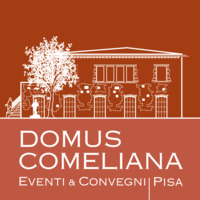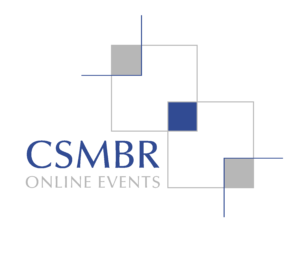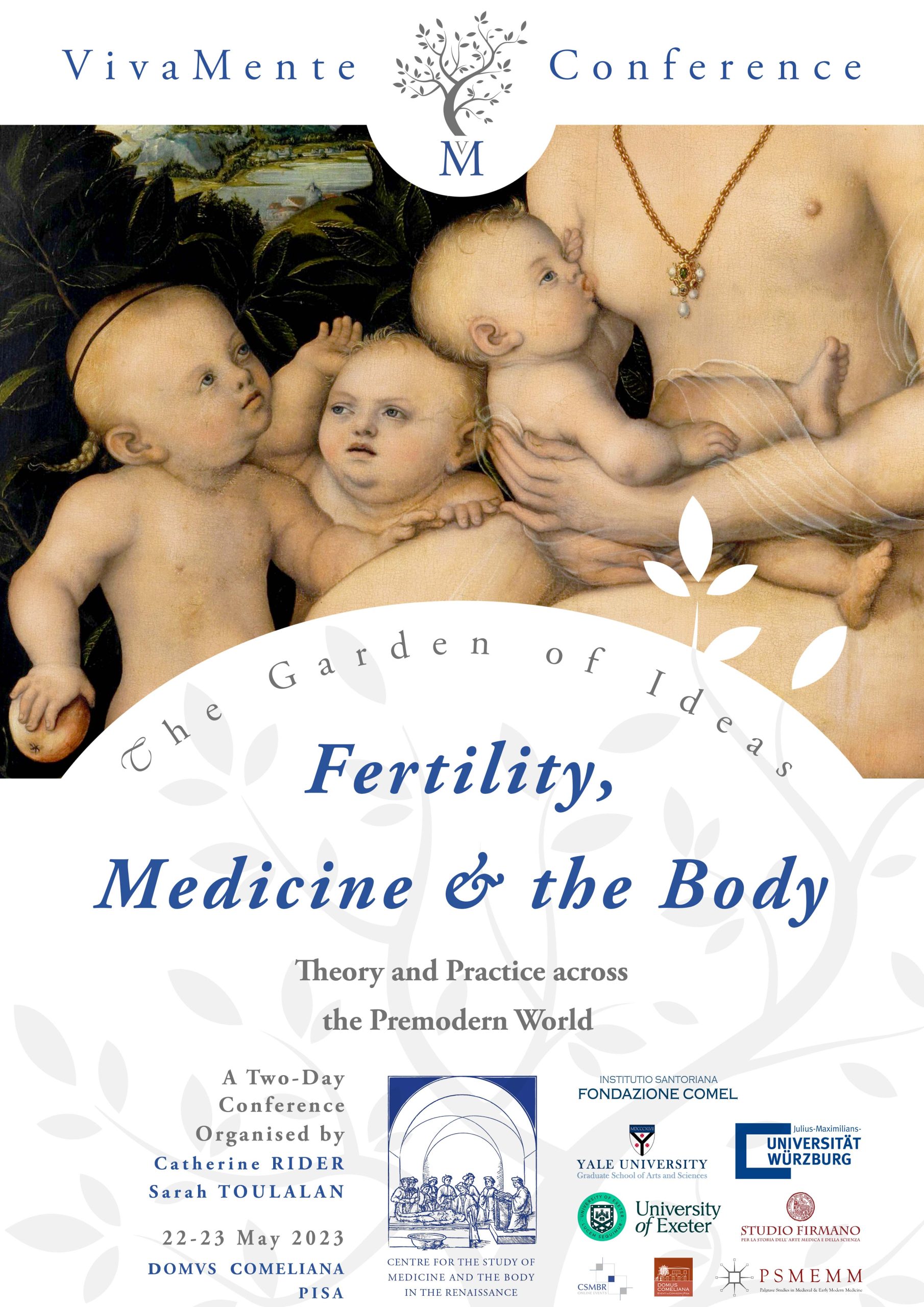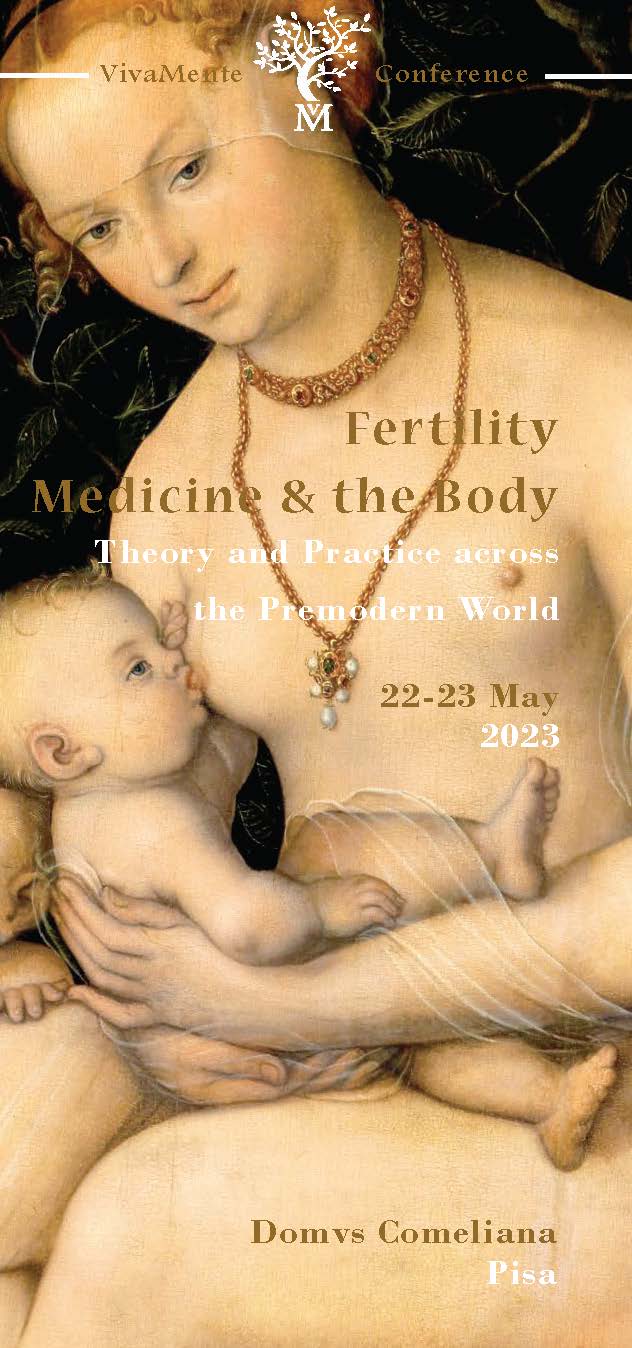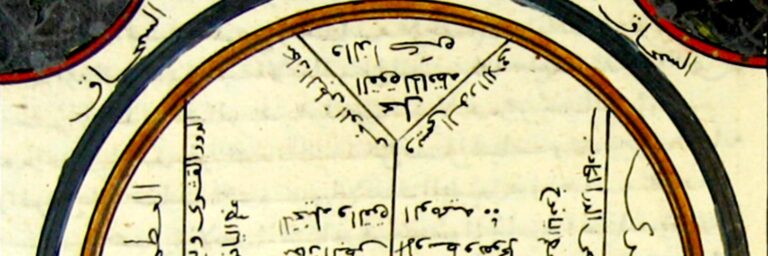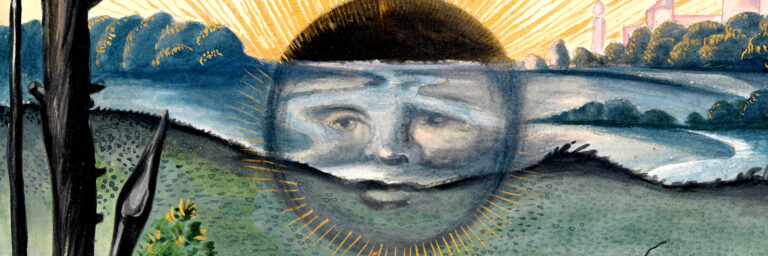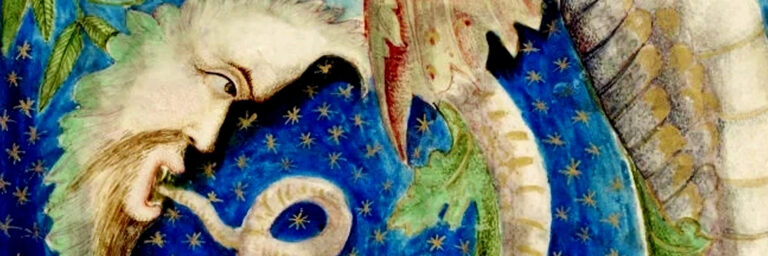Fertility, Medicine and the Body
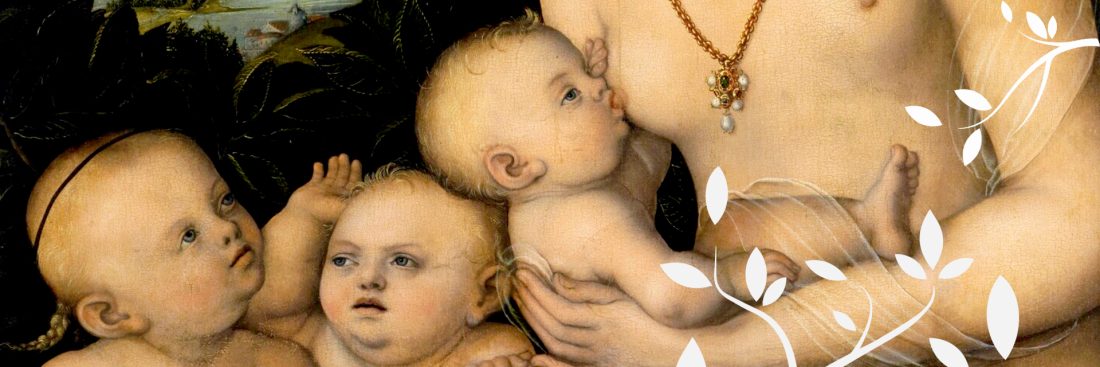
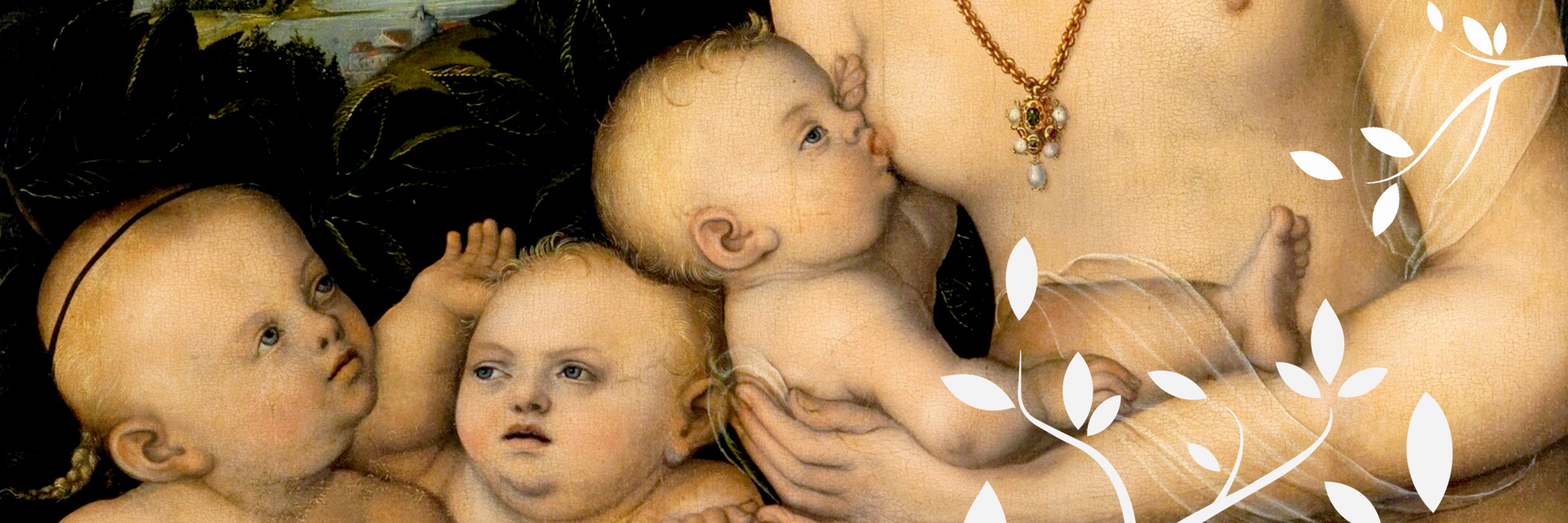
VivaMente Conference in the History of Ideas
Fertility,
Medicine and the Body
Theory and Practice across
the Premodern World
22-23 May 2023
Organised by
Catherine Rider
Sarah Toulalan
Keynote Speakers
Carmen Caballero-Navas
Regina Toepfer
Tracey Loughran

Click to download the poster
Conference Topics
![]()
Promoting and Regulating Fertility
![]()
Coming of Age and Marriage
![]()
Sexual Practices and the Timing of Conceptions
![]()
Knowledge and Availability of Contraception
![]()
Taboos against Breastfeeding
Poster Display
Scholars of all career stages can present a poster as an alternative to giving a paper.
Click to Download the Programme
This Vivamente Conference addresses a broad spectrum of issues to do with fertility (and infertility), with a particular focus on the transmission of ideas between Europe, the Islamicate world, and beyond. To this end, it will bring together scholars working on different regions and cultures.
Early attention to the subject focused on demographic questions such as how populations were affected by practices to do with promoting and regulating fertility. These included issues such as age at marriage; timing of conceptions and spacing of pregnancies influenced by sexual practices; and knowledge and availability of contraception (and its effectiveness), including practices such as prolonged lactation and taboos against sexual intercourse while breastfeeding.
More recently, scholars have explored medical knowledge and practice surrounding conception, pregnancy and childbirth and how these influenced and affected men’s and women’s experiences of their fertility and infertility.
Fertility, broadly defined, has therefore attracted considerable attention from historians of medieval and early modern European medicine in recent years. Important work has been done in parallel by scholars working on Arabic sources.
Much of this work follows traditional divisions between medieval and early modern, and focuses on either European or Arabic medical thought. However, many medical ideas were shared across Europe and the Islamicate world from the Middle Ages into the eighteenth century, because of their common intellectual roots in ancient Greek humoral medicine, and because texts were translated and copied across wide areas. Other premodern medical systems, notably in India and China, dealt with similar challenges relating to fertility.
Fertility is also the subject of much current discussion globally, with regular news stories centring on population expansion in some countries and declining birth rates in others, as well as the impact of new reproductive technologies.
The conference aims to engage with these current discussions and think about the implications of continuities and change over a long timeframe. To do this, we will invite a scholar who works on fertility in the modern world to respond to the papers at the end of the conference.
Organisation
Keynote speakers will speak about the transmission and development of medical ideas relating to fertility in different contexts, including one response from a scholar of the modern period.
We would like to encourage postgraduate students and early career scholars to participate and we are offering a subsidized conference fee for postgraduate students.
We welcome proposals for 20-minute papers focusing on any aspects of fertility (broadly defined) on any part of the world before c.1800. Panel proposals (3 papers) are also welcomed. Suggested topics for panels include:
-
- Art History/Material Culture;
- Transmission of Ideas between Cultures;
- Transmission of Ideas btw Learned & Popular Culture, Theory & Practice;
- Medical Texts about Fertility & their Audiences.
The conference will also feature a poster display, where scholars and students of all career stages can present a poster during coffee breaks as an alternative to giving a paper and through which postgraduate students and early career scholars especially can engage more informally with established scholars.
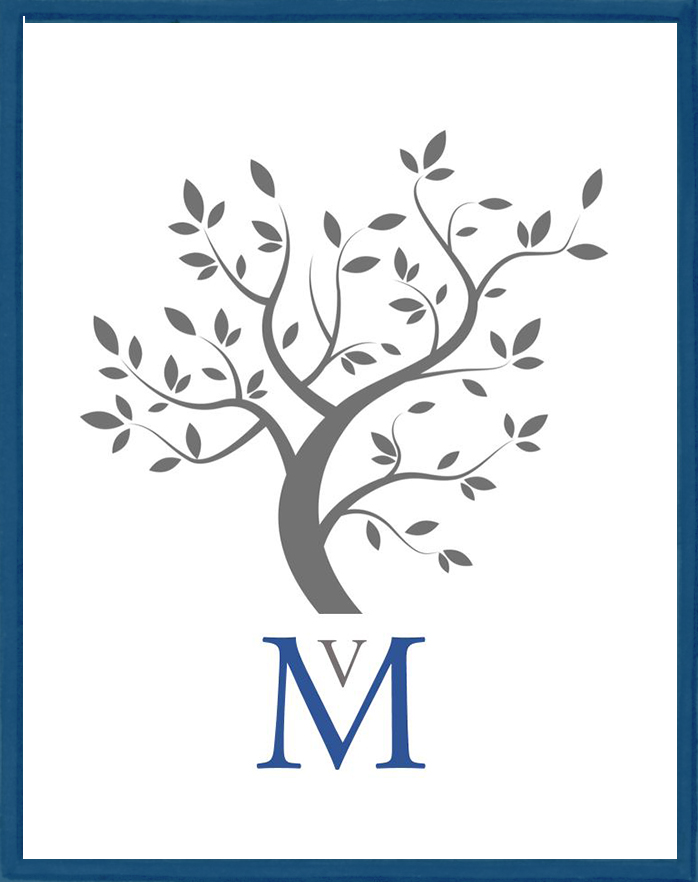
Conference type: Hybrid
Dates: 22-23 May
Venue: Domvs Comeliana
Application Deadline: 17 April
Registration Deadline: 21 May
Queries and Proposal Submission
Conference Proceedings

Registration Fees
€ 100 = In-Presence
€ 25 = In-Presence (max 10 Postgrad.)
€ 40 = Online
Check Out
Credits
Scientific Direction:
Fabrizio Bigotti
General Coordination:
Tomaso M. Pedrotti Dell’Acqua
Jan Seiwerth
